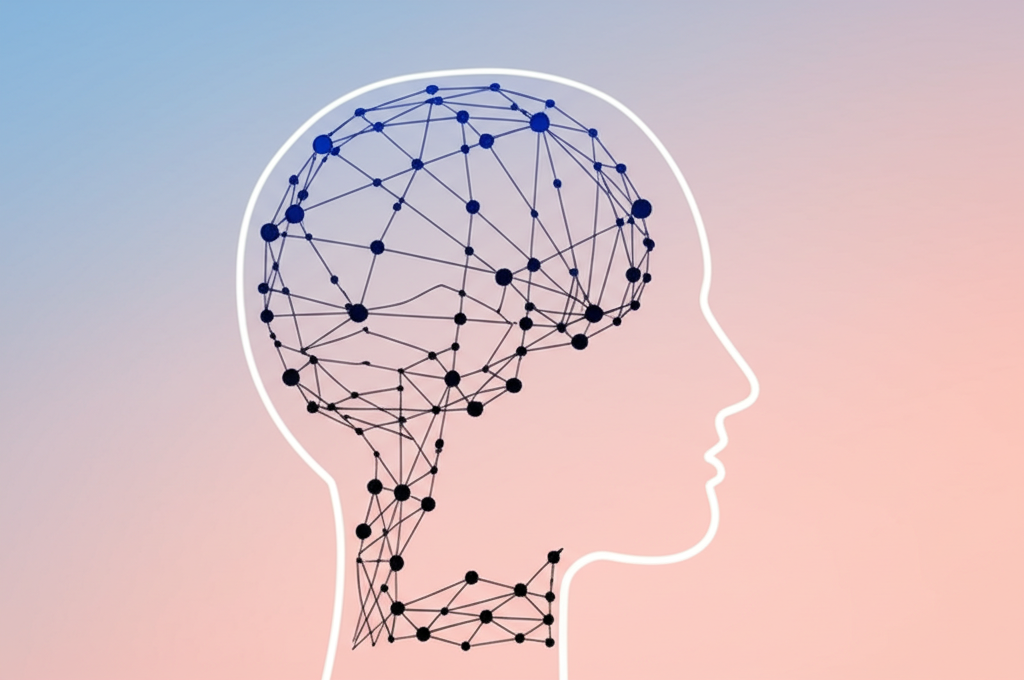Building Trust in AI Voice Interactions: The Psychology of Human-AI Communication

As AI phone agents become increasingly common in customer service interactions, understanding the psychological factors that influence trust in these systems has become crucial. At Osmosian, we've conducted extensive research into how humans form trust relationships with AI voices and how these insights can be applied to create more effective and trustworthy AI phone agents.
The Trust Equation in Human-AI Interactions
Trust is a complex psychological construct that involves multiple dimensions. In human-AI interactions, we've identified four key components that make up what we call the 'Trust Equation':
- Competence: The AI's ability to accurately understand and effectively respond to requests
- Reliability: Consistency in performance and availability across interactions
- Transparency: Clarity about the AI's capabilities, limitations, and when human intervention occurs
- Empathy: The perception that the AI understands and appropriately responds to emotional cues
Our research shows that deficiencies in any of these dimensions can significantly undermine trust, even if the other dimensions are strong. For example, an AI that is highly competent but lacks appropriate empathic responses may be perceived as untrustworthy in emotionally charged situations.

The four dimensions of trust in human-AI voice interactions
Voice Characteristics and Trust Formation
The characteristics of an AI voice have profound effects on trust formation. Our studies have revealed several key insights:
- Voice congruence: Voices that match the brand identity and context create stronger trust
- Prosodic features: Natural rhythm, appropriate pauses, and intonation significantly impact perceived trustworthiness
- Personalization: Voices adapted to user preferences increase trust over time
- Consistency: Maintaining the same voice across interactions builds familiarity and trust
- Cultural alignment: Voices that reflect cultural norms and expectations enhance trust
The voice is not just a delivery mechanism for information—it's the embodiment of your brand in the customer's mind. Getting it right is as important as getting the information right.
The Uncanny Valley in Voice AI
The 'uncanny valley' is a well-known phenomenon in robotics and animation where almost-but-not-quite-human representations create discomfort. Our research has identified a similar effect in voice AI, where voices that are nearly human but contain subtle imperfections can trigger distrust and discomfort.
Interestingly, we've found that there are two approaches to addressing this challenge:
- Perfecting human simulation: Creating voices so natural that they cross the uncanny valley
- Intentional differentiation: Designing voices that are pleasant but clearly non-human
Both approaches can be effective, but the middle ground—voices that attempt to sound human but fall short—consistently underperforms in trust metrics.

The relationship between human-likeness and trust in AI voices
Transparency and Trust
One of our most significant findings concerns transparency. Contrary to some industry assumptions, our research shows that being transparent about the AI nature of a phone agent does not necessarily reduce trust—and in many cases enhances it.
Key insights on transparency include:
- Upfront disclosure: Users who know they're speaking with an AI from the beginning report higher trust levels than those who discover it mid-conversation
- Capability clarity: Clear communication about what the AI can and cannot do sets appropriate expectations
- Handoff transparency: Explaining when and why a conversation is being transferred to a human agent improves overall satisfaction
- Learning disclosure: Acknowledging when the AI is learning from an interaction builds trust in the system's improvement
We found that 78% of customers preferred knowing they were speaking with an AI upfront. The perception of deception when they discovered it later was far more damaging than any initial hesitation about AI assistance.
Memory and Relationship Building
Human relationships are built on shared history and memory. Our research shows that AI phone agents that demonstrate memory of past interactions significantly outperform those that treat each interaction as isolated.
Effective memory implementation includes:
- Recognition: Acknowledging returning callers and their history
- Context retention: Maintaining awareness of previous issues and their resolutions
- Preference memory: Recalling communication preferences and adapting accordingly
- Appropriate reference: Mentioning past interactions in natural, contextually relevant ways
However, our studies also revealed an important caveat: memory must be implemented in ways that feel natural and non-intrusive. Overly detailed recall of past interactions can trigger privacy concerns and reduce trust.
Cultural and Demographic Factors
Trust in AI voices varies significantly across cultural and demographic groups. Our global research has identified several important patterns:
- Age differences: Older users tend to place more emphasis on voice clarity and pace, while younger users prioritize conversational naturalness
- Cultural variations: Expectations around formality, directness, and emotional expression vary significantly across cultures
- Regional preferences: Different regions show distinct preferences for voice characteristics like accent, gender, and tone
- Industry context: Trust thresholds vary by industry, with healthcare and financial services requiring higher trust levels than retail or entertainment
These findings highlight the importance of customization and localization in AI voice design, particularly for global organizations.

Relative importance of trust factors across different cultural regions
Practical Applications for Businesses
Based on our psychological research, we've developed several practical recommendations for businesses implementing AI phone agents:
- Conduct voice testing with your specific customer demographics
- Implement progressive disclosure of capabilities throughout the customer journey
- Design thoughtful memory systems that enhance relationships without triggering privacy concerns
- Create clear escalation paths that maintain context when transferring to human agents
- Develop voice personas that align with brand values and customer expectations
Organizations that implement these psychologically-informed practices typically see 30-40% higher customer satisfaction scores compared to those using standard AI voice implementations.
The Future of Trust in AI Voice Interactions
As AI voice technology continues to evolve, several emerging trends will shape the future of trust in these interactions:
- Emotional intelligence: Advanced systems that can detect and respond to subtle emotional cues
- Personalized voice adaptation: Voices that adjust their characteristics based on user preferences and interaction patterns
- Relationship memory: Sophisticated memory systems that build meaningful relationship context over time
- Transparent reasoning: AI systems that can explain their reasoning and decision processes when asked
- Cross-channel consistency: Unified AI personalities across voice, chat, and other interaction channels
The future of voice AI isn't just about sounding more human—it's about creating more meaningful, trustworthy relationships through voice. That requires a deep understanding of human psychology.
Conclusion
Building trust in AI voice interactions is a complex challenge that requires a deep understanding of human psychology. By addressing the key dimensions of trust—competence, reliability, transparency, and empathy—and tailoring voice characteristics to specific contexts and audiences, businesses can create AI phone agents that not only perform tasks efficiently but also build meaningful, trustworthy relationships with customers.
At Osmosian, we continue to invest in psychological research to inform our AI voice technology, ensuring that our solutions don't just sound good—they feel right to the humans interacting with them.
